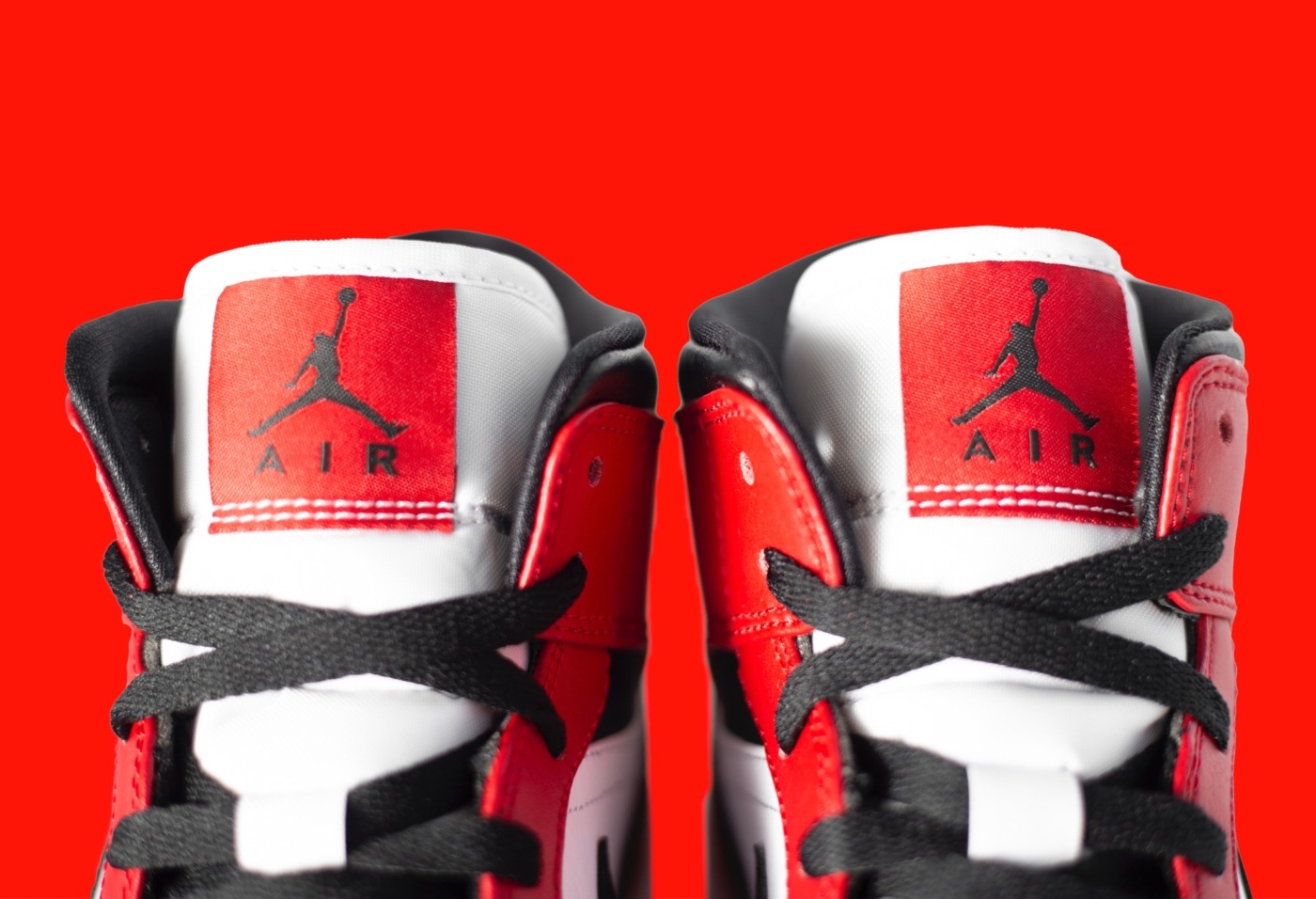Resell culture: hurting pockets, communities and the planet
As bots and resellers become increasingly efficient at buying up items, getting your hands on exclusive drops and outfit staples has become progressively harder. Air Force 1s, sweater vests, and the latest popular cut of jeans are all on sale for prices greater than originally put on the market. It is not just resell culture around fast fashion that has an impact on fashion habits, but also second-hand items too. Many feel that resell culture has killed the collector culture of limited edition clothes, but there are also a lot more sinister issues arising from the practice too.
Underlying all of these issues is that it creates elitism in fashion that doesn’t need to be there. The market for clothes ranges in prices to begin with – you can buy a three-pack of Stranger Things socks from Primark for £2.50, or one pair from Dior for an astonishing £240. There’s arguably not much we can do about this. Buying and reselling items – especially in bulk quantities – for a profit creates an exclusion from buying products often deemed to have greater accessibility across different backgrounds.
People who can afford the priced-up item are able to buy it. But if the item was perhaps a one-time, long term investment someone saved up for, it can become so priced up that they’re no longer able to purchase it. With the fashion industry already riddled with issues of elitism and economic disparity, creating a division of ‘haves and have nots’ over an item deemed to be more accessible just makes more elitism in fashion.
Resellers have also taken to just buying clothes from brands known for being unethical
On the issues of accessibility, resellers have been indiscriminate in what limited edition items they buy and have subsequently taken to buying items designed for the ease of disabled people. The Nike Go FlyEase – designed in order to help make shoes more accessible to those who may struggle with laces, Velcro and the motion of putting a shoe on – have been priced up to over $400/£285.79 after originally retailing for $147/£105.
This out-prices people who would benefit from items designed specifically for them. Musician NotLewy, who is disabled, highlighted the lack of financial accessibility impacting people who are disabled in a TikTok. In the UK, disabled adults are four times worse off than those who are able-bodied. In pursuit of profit, resellers can be seen to disregard the everyday and economic needs of others.
Resellers have also taken to just buying clothes from brands known for being unethical – such as Shein and Aliexpress – and then reselling them under tags labelling them as vintage. Those who are trying to shop more sustainably have to make their way through various catalogues of clothes on Depop and Vinted, trying to avoid the fast fashion they are on the site to avoid in the first place.
People will stop once they are no longer making a profit
This resale of fast fashion continues the drive and justification of exploitative labour for cheap garments because the companies making them still get money for these garments, even if the resellers lose out. Combined with the issue of the gentrification and resale of charity shop items (which is an issue in itself), it further perpetuates the belief that more ethical, second-hand clothes are too expensive, driving people back to fast fashion. While not the root of the problem, it helps to keep fast fashion brands in the business.
So what could be done to stop the damage that resale culture is doing to peoples’ pockets, accessibility in fashion and to the planet? Communally, the shunning of resale culture would break the cycle. If reselling an item doesn’t work, then people will stop once they are no longer making a profit. Companies could also take on some of the onus and prevent bulk purchasing of items.
In the pursuit of sustainable fashion, we are continually being pushed back towards fast fashion. In the case of resale culture, its push not only damages the environment and continues exploitation in the global south, but also denies people access to clothing they need. It is probably down to us as consumers to ensure that we are critical and vigilant of what’s being sold to us, as well as our consumption habits.

Comments